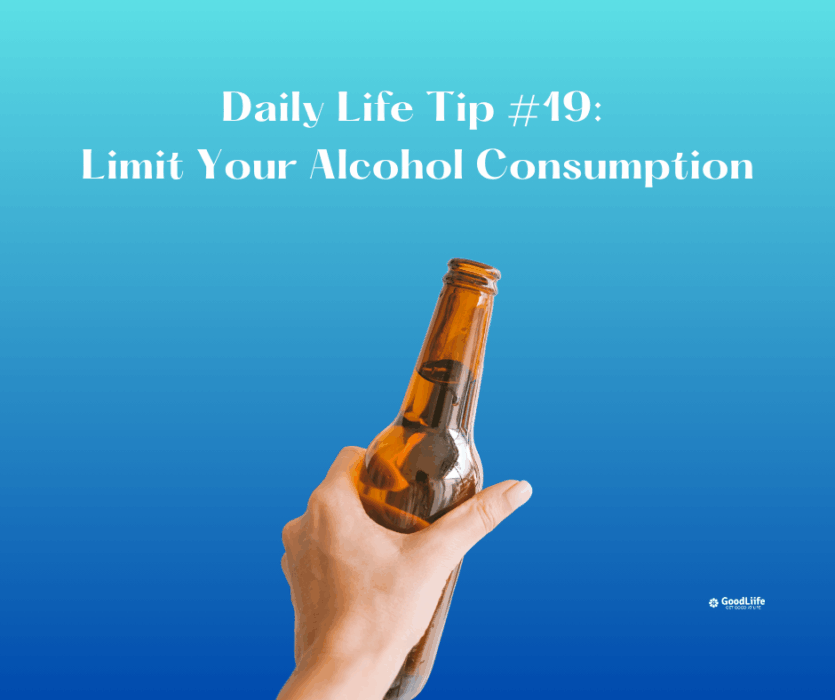Limiting your alcohol intake is vital for your health. Try to:
- Stay within a weekly limit of 7 drinks for women and 14 for men.
- Spread your drinks out across the week to avoid binge drinking.
- Plan at least 3 alcohol-free days each week.
When you consume alcohol, it swiftly enters your bloodstream. From here, alcohol impacts various organs and systems.
For instance, in the brain, alcohol may induce feelings of relaxation and euphoria. This is because calming chemicals (neurotransmitters) like GABA are released. Yet, as alcohol is broken down, its effects wear off. The brain then tries to compensate for the now reduced neurotransmitter levels. More excitatory neurotransmitters are released. This leads to heightened anxiety, irritability, and even panic.
As alcohol circulates, it is broken down in the liver. Yet, excessive consumption can overwhelm the liver, and toxins build up damaging cells.
Alcohol also affects your cardiovascular system. Blood vessels dilate and your heart rate increases. This leads to higher blood pressure, irregular heart rhythms, and a weakened heart muscle.

Benefits:
- Protect your liver from potential damage. For example, fatty liver disease is caused by excessive alcohol metabolism.
- Reduce the likelihood of developing cardiovascular issues. This includes high blood pressure and irregular heart rhythms.
- Improve your long-term mental well-being. Avoid trading short-term relaxation today for a more anxious tomorrow.
Life Hack:
- Limit your alcohol consumption to weekends and holidays to set healthy boundaries. Remember not to binge and stay within your weekly limits to maintain a balanced approach.
